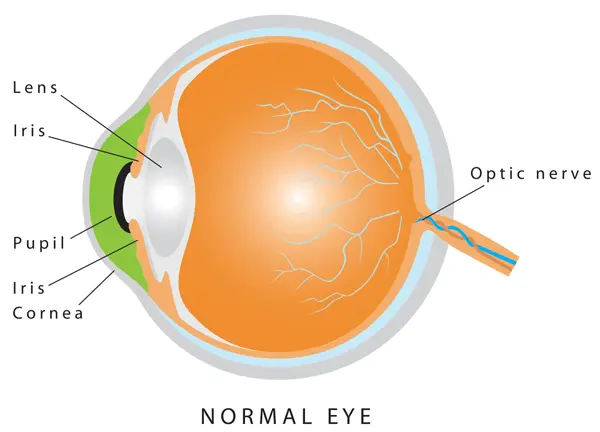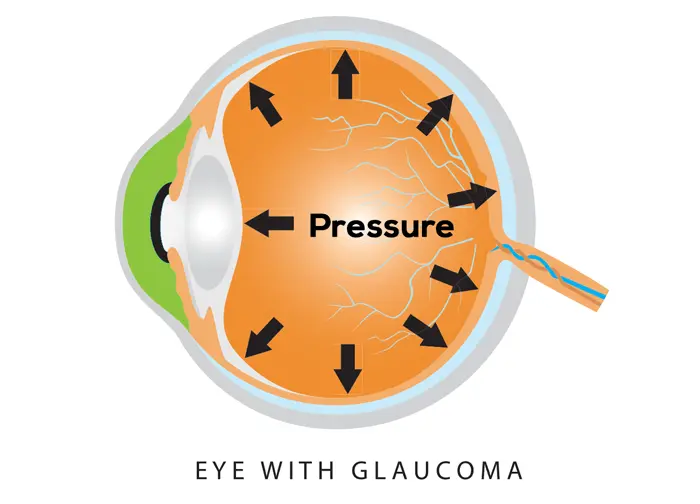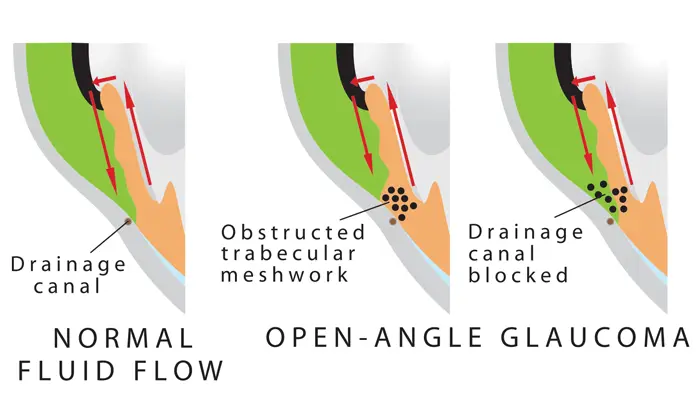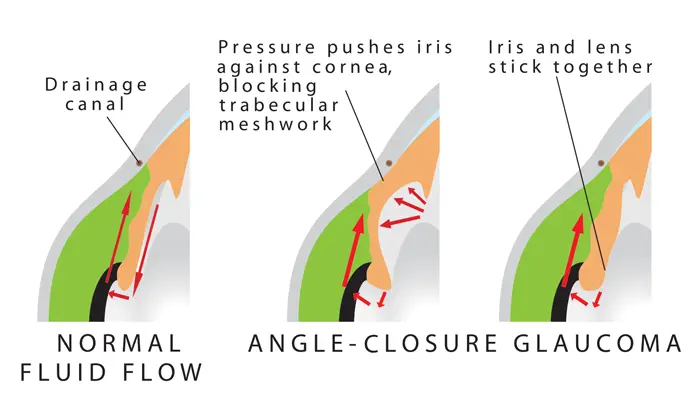GLAUCOMA
Glaucoma can be a silent threat to your good vision. In the early stages of the disease, there may be no symptoms. This disorder, even once diagnosed, may cause irreversible optic nerve damage and blindness. When glaucoma is detected early and treated with proper medication, vision can usually be preserved.
Glaucoma is a condition caused by damage to the optic nerve. The damage occurs when intraocular pressure in the eye becomes elevated, limiting the optic nerve’s ability to transmit information to the brain. Glaucoma may start with the loss of peripheral vision and later advance to reduced central vision. If left untreated, it may eventually lead to total blindness.

Testing to diagnose and monitor glaucoma is painless and is an important reason to schedule a yearly exam.
There is currently no cure for glaucoma. Our surgeons at the Eye Specialists of Delaware can provide treatment with either surgery or medication to slow or prevent further vision loss.

TYPES OF GLAUCOMA
CHRONIC OPEN-ANGLE GLAUCOMA
Chronic open-angle glaucoma is the most common type of glaucoma. The drainage angle, where the fluids in the eye drain is open, but working less efficiently. The inability to drain causes pressure in the eye to rise, which results in a gradual loss of peripheral vision.
Most people have no symptoms and no early warning signs. This is why it is important to schedule annual exams to assess the health of your eyes.

ANGLE CLOSURE GLAUCOMA
Angle closure glaucoma occurs when the drainage angle is completely blocked, often by the iris. This prevents any fluid to drain from the eye and causes the pressure within the eye to suddenly rise. Common symptoms that are caused by this extreme rise in pressure include blurred vision, headaches, severe eye pain, nausea and at times vomiting.
At Eye Specialists of Delaware, we treat all types of glaucoma with the use of eye drops (first line of activity), lasers, surgery and artificial drainage devices.

